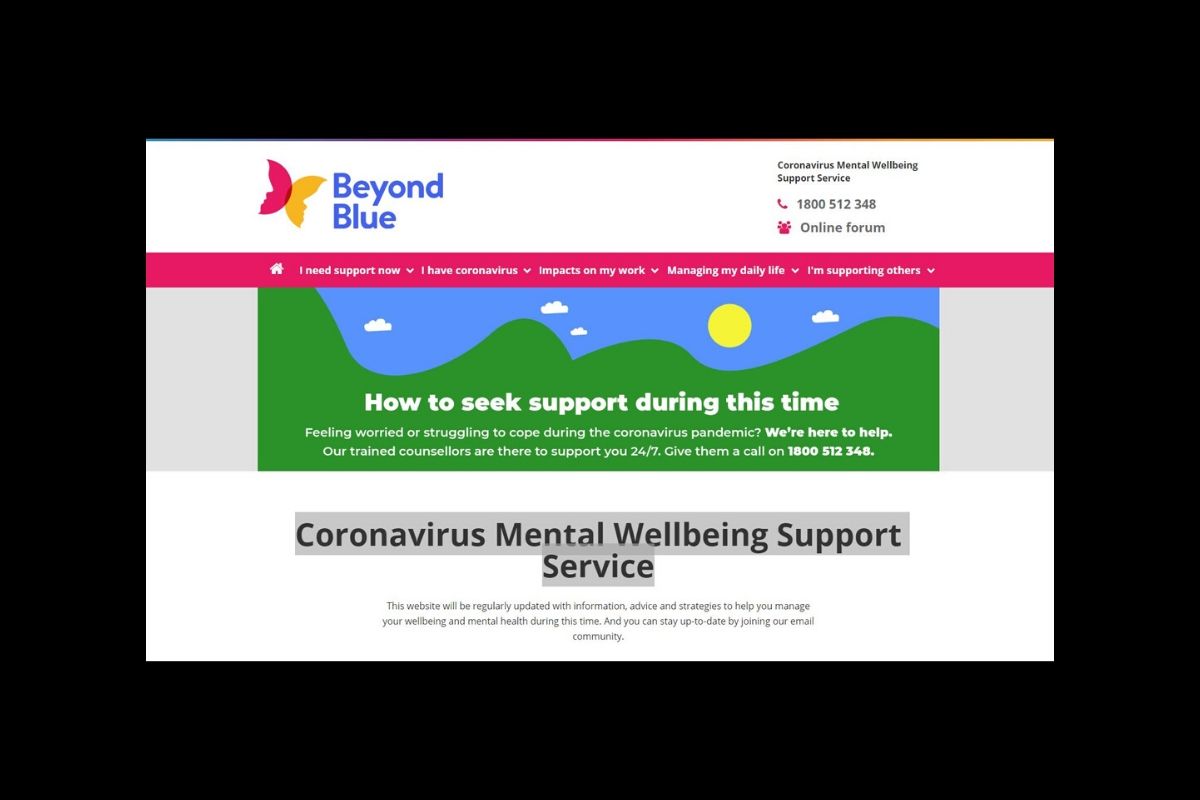


Newby suggests keeping track of all the positive things you experience each day. Staying positive probably feels like a big ask right now but it can play an important part in helping you get through this difficult chapter in your life. Newby also advises against turning to unhealthy habits as a coping mechanism. Be kind to yourself, open up and seek support” she says. “It’s important not to bottle up these feelings. In terms of coping with feelings of loss and grief, Newby again recommends acknowledging and labelling these feelings, as well as speaking openly with someone you can trust. "Be kind to yourself, open up and seek support." Missing milestone moments that you’d otherwise be sharing with people you care about may also be a difficult thing to reconcile. Perhaps you’re grieving loss of time spent with people you love, or you may have suffered an actual loss of a loved one. Not knowing when you’re going to be back in Australia, or when you’ll see your family and friends again, may be causing feelings of loss and grief, and your sadness may feel overwhelming at times. Talk to someone you trust, be mindful of the content you consume, and engage in activities that help you feel calm.” Coping with uncertainty and loss “Look at ways you can help manage these emotions in a healthy way. Newby also recommends making sure that your anger doesn’t become all-consuming and toxic. For example, try to focus on what you do have control over and think of ways you can improve your current situation.” “Once you've acknowledged these emotions and let yourself feel them fully, think about what you can you do to help shift the intensity into something productive and positive. “Accepting these strong feelings as a valid and natural response to the situation is the first step in dealing with them,” she says. "It's important to seek social support and keep in touch with people close to you." Dealing with difficult emotionsīeing overseas while wanting to come home may understandably result in feelings of anger and abandonment in some people.Īccording to Newby, the first thing to do if you’re feeling this way is to acknowledge, accept and label the emotion. This could be through local community groups or via an online forum, the main thing is to stay well connected.” Connecting to culture and community is also important. “Regularly reach out to family and friends and talk honestly about how you're feeling with them. In terms of this specific situation, it’s particularly important to seek social support and keep in touch with people close to you,” says Newby. So, eat well, drink plenty of water, get enough sleep, exercise, relax, etc. “The first thing I’d recommend is to keep on top of the day-to-day things we all need to do to stay mentally and physically healthy at any time. So, what can people in this situation do to help support their mental health? “It’s also worth noting that people stuck in countries with high infection rates may also be worried about getting the virus and whether they can easily access the vaccine,” she adds. On top of this, it’s natural to be feeling homesick, helpless, stressed, sad, lonely and angry at the situation.” “Living with ongoing uncertainty and separation from family and friends can cause considerable mental strain. For people in this incredibly difficult situation, it’s natural to feel drained, both physically and mentally,” says Newby. “Being stranded overseas away from loved ones is bound to have an impact on mental wellbeing. Jill Newby, a clinical psychologist at the Black Dog Institute and UNSW, explains why. Due to ongoing restrictions to international flights brought about by the COVID-19 pandemic, many Australians overseas are finding it challenging to return to Australia.įor people who are in this position, prioritising mental health is key.


 0 kommentar(er)
0 kommentar(er)
